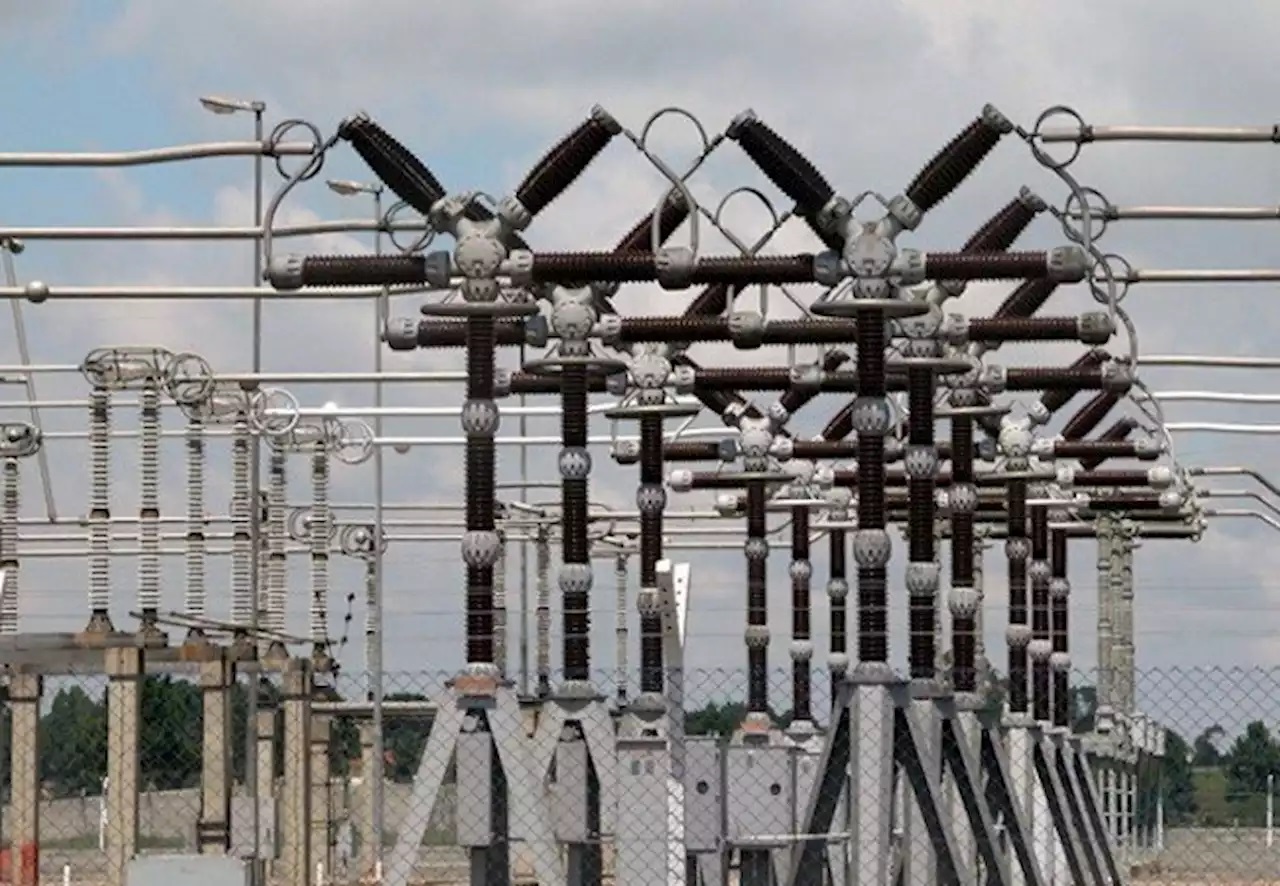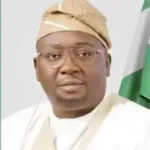In its quest to prioritize electricity supply to local customers, the Nigerian Electricity Regulatory Commission (NERC) has ordered Generation Companies (GenCos) not to exceed 6 per cent of available power grid generation per hour to international customers or off-takers.
The Commission made this know in a new order issued to Electricity Generation Companies on Saturday.
Join our WhatsApp ChannelNERC stressed that this measure would help to stop the trend of prioritising international customers and limiting distribution companies (Discos)’ offtake during times of power disruption in the national grid to detriment of the local electricity consumers.
“The System Operator shall ensure that the maximum load allocation to international off-takers in each trading hour shall not be more than 6% of the total available grid generation,” NERC stated.
The electricity regulator further stated that the aggregate capacity to be allocated by GenCos to international off-takers in the next six months shall not be more than 10 per cent of their generation capacity.
READ ALSO: High Electricity Tariff May Force Over 65% Of Nigerian Businesses To Close Down – OPS
“The aggregate capacity that can be nominated by a generating plant to service international off-takers shall not be more than 10% of its available generation capacity unless in exceptional circumstances a derogation is granted by the Commission.”
According to the new directive, all bilateral supplies, cross-border trades, outgoing 33kv feeders of the DisCos, and all offtake and delivery locations of eligible customers must have IoT meters installed in order to give offtakers with real-time supply data. This includes the Transmission Company of Nigeria (TCN) and system operators. Along with disclosing the previous day’s hourly log reading to market participants, the new order requires the system operator to disclose hourly readings of adherence to grid instructions in order to monitor for violations of offtake contracts.
Victor Ezeja is a passionate journalist with seven years of experience writing on economy, politics and energy. He holds a Master's degree in Mass Communication.


















Follow Us